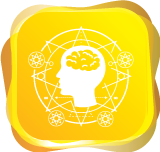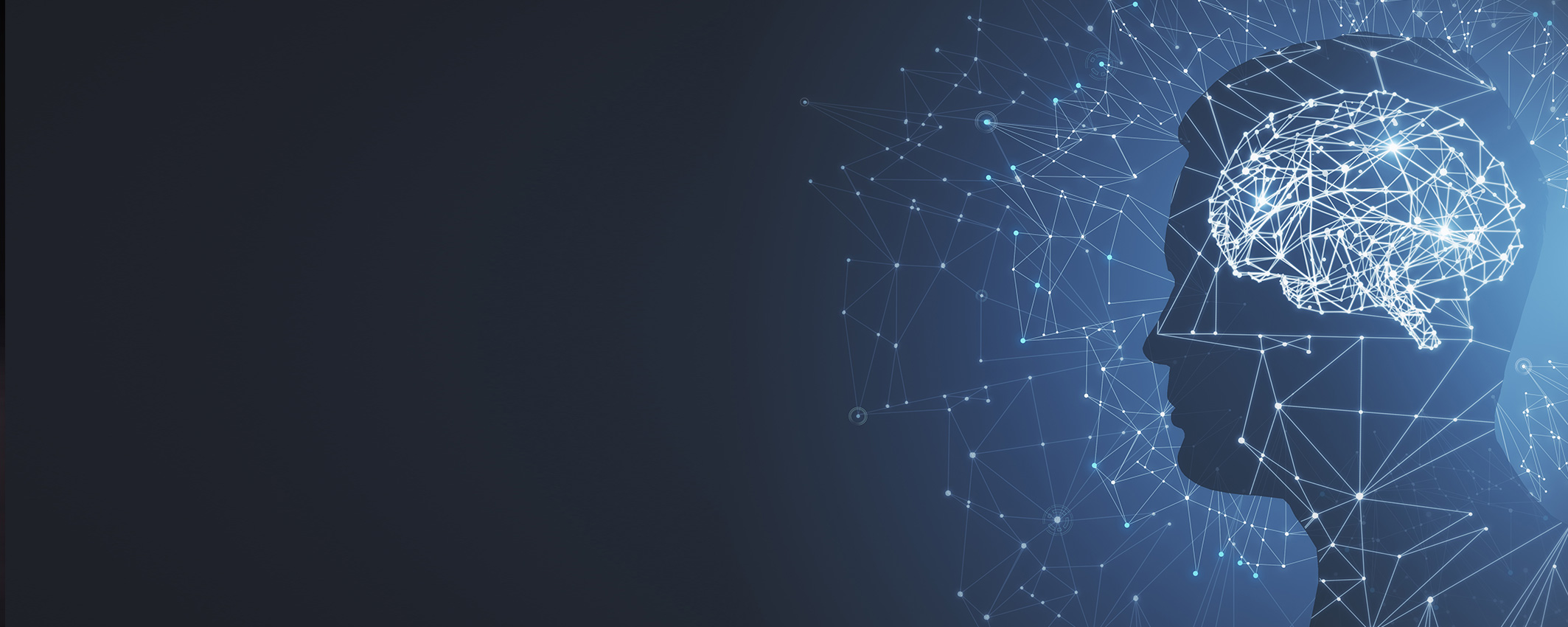 |
CCHU9051 Arts and Humanities
|
Course Description
The human mind is the foundation of society and culture, and it is something we are intimately acquainted with. But at the same time, its underlying nature is still shrouded in mystery and hard to explain.
This course uses an interdisciplinary approach to explore the fascinating complexities of the mind. It involves philosophical analysis, scientific investigation, and an awareness of history and the broader social and moral implications of technology. A central issue is whether the mind is a computer. Can computers display intelligence, creativity, and emotions? Can the computer model of the mind explain the mysteries of consciousness and free will? Or do these mental phenomena require the existence of a soul?
These issues are exciting not just because they are intellectually important, but also because to understand the mind is to understand ourselves better. We will see how the ideas in this course can help us become better thinkers, and improve our creativity and decision-making skills. We will also discuss how science and technology can challenge our conception of the self and how they might affect future human evolution in radical ways.

Course Learning Outcomes
On completing the course, students will be able to:
- Describe and explain the key features of the mind such as consciousness, emotions, creativity, and reasoning.
- Identify and critically evaluate the central debates surrounding the nature and reality of consciousness, the self, free will, and Artificial Intelligence.
- Demonstrate an understanding of the techniques and explanatory power of an inter-disciplinary approach to the mind.
- Appreciate divergent conceptions of selfhood and personhood, and articulate their ethical and societal implications in the context of technological change.
- Use the findings from the course to critically review one’s own thinking skills, character and work habits.
Offer Semester and Day of Teaching
First semester (Wed)
Study Load
| Activities | Number of hours |
| Lectures | 24 |
| Tutorials | 8 |
| Reading / Self-study | 50 |
| Film and video viewing | 2 |
| Assessment: Essay / Report writing | 25 |
| Assessment: Special project | 25 |
| Assessment: Quiz | 1 |
| Total: | 135 |
Assessment: 100% coursework
| Assessment Tasks | Weighting |
| Tutorial participation | 15 |
| Brief writing assignments | 20 |
| Quiz | 15 |
| Essay | 25 |
| Portfolio | 25 |
Required Reading
- Bennett, K. (2019). Why I am not a dualist. Unpublished manuscript. From https://philpapers.org/rec/BENWIA
- Boden, M. A. (2010). Creativity and art: Three roads to surprise. Oxford: Oxford University Press. [Creativity in a Nutshell (pp. 29-40)]
- Bunting, M. (2018, March 15). Disarming the weapons of mass distraction. The New York Review of Books. From https://www.nybooks.com/daily/2018/03/15/disarming-the-weapons-of-mass-distraction/
- Captain, S. (2016, October 4). Robots are developing feelings. Will they ever become “people”? Fast company. From https://www.fastcompany.com/3062868/robots-are-developing-feelings-will-they-ever-become-people
- Carr, N. (2008, July/August). Is Google making us stupid? The Atlantic. From https://www.theatlantic.com/magazine/archive/2008/07/is-google-making-us-stupid/306868/
- Cave, S. (2016, June). There’s no such thing as free will. The Atlantic. From https://www.theatlantic.com/magazine/archive/2016/06/theres-no-such-thing-as-free-will/480750/
- Chalmers, D. (1995). The puzzle of conscious experience. Scientific American, 273, 80-86.
- Chalmers, D. (2010). The singularity: A philosophical analysis. Journal of Consciousness Studies, 17(9-10), 8-22.
- Descartes, R. (2002). Meditations on first philosophy. In D. Chalmers (Ed.), Philosophy of Mind: Classical and Contemporary Readings (pp. 10-20). Oxford: Oxford University Press.
- Dominus, S. (2011). Could conjoined twins share a mind? New York Times Magazine. From https://nytimes.com/2011/05/29/magazine/could-conjoined-twins-share-a-mind.html
- Evans, D. (2001). Emotion: A very short introduction. [pp. 1-21]
- Frankish, K. (2016, July 7). The mind isn’t locked in the brain but extends far beyond it. Aeon. From https://aeon.co/ideas/the-mind-isn-t-locked-in-the-brain-but-extends-far-beyond-it
- Kane, R. (2005). A contemporary introduction to free will. Oxford: Oxford University Press. [The Free Will Problem (pp. 1-10)]
- Kelly, S. D. (2019). What computers can’t create. MIT Technological Review, 122(2), pp. 68–75.
- Nagel, S. (2016, October 4). Embedded beings: How we blended our minds with our devices. Aeon. From https://aeon.co/ideas/embedded-beings-how-we-blended-our-minds-with-our-devices
- Parfit, D. A. (1987). Divided minds and the nature of persons. In C. Blakemore & S.A. Greenfield (Eds.), Mindwaves (pp. 19-25). Oxford: Blackwell Publishing.
- Searle, J. R. (1990). Is the brain’s mind a computer program? Scientific American, 262(1), 26-31.
Course Co-ordinator and Teacher(s)
| Course Co-ordinator | Contact |
| Professor A. Chaturvedi School of Humanities (Philosophy), Faculty of Arts |
Tel: 3917 2796 Email: amitc@hku.hk |
| Teacher(s) | Contact |
| Professor A. Chaturvedi School of Humanities (Philosophy), Faculty of Arts |
Tel: 3917 2796 Email: amitc@hku.hk |

